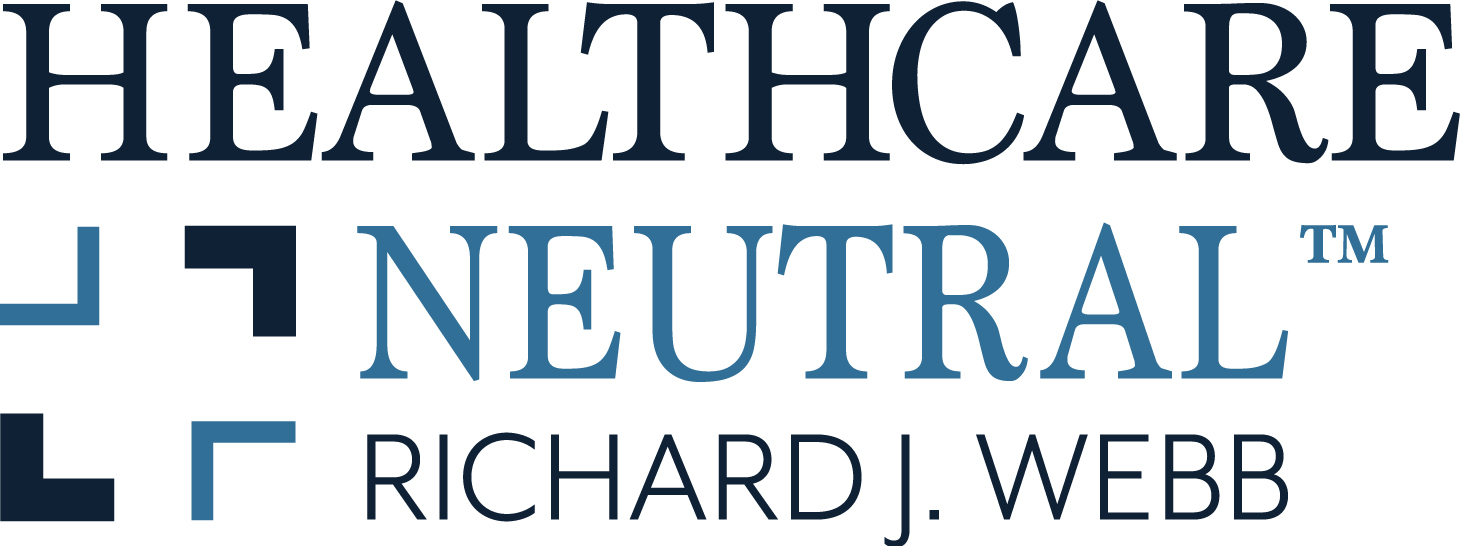
New Jersey Battle Over Out Of Network Waivers Of Copays Continues
February 9, 2010
An interesting battle has developed in New Jersey over the billing practices of healthcare providers that do not “participate” in health insurance networks established by their patients\’ insurers. Participation in such networks generally requires the hospital, physician or other provider to contractually accept the payment schedule of an insurer as payment in full for services provided to any person covered by that insurer\’s network. Some providers choose not to “participate” (i.e., do not sign participation agreements) with certain health insurance networks. That choice may result from the provider\’s rejection of the insurer\’s fee schedule, a dissatisfaction with the utilization rules and practices of the insurer, or a generalized aversion to any arrangement that might interfere with the provider-patient relationship. Whatever the reason, most non-participating providers believe they have no obligation to adhere to an insurer\’s fee schedule when billing patients who are covered by that insurer\’s network. So far, so good.
The problem arises from the practices of the provider after sending the patient a bill in excess of the amount allowed by the network\’s fee schedule. Under most patients\’ coverage plans, the patient is responsible for copayments computed as a percentage of the out of network provider\’s reasonable charge. Such copayment percentages can range from 10% to 50%, resulting in a substantial out of pocket cost to the patient if collected by the provider. But some providers choose not to pursue collection of these copayments, either on a case by case basis, or as a matter of regular practice. Providers who “waive copayments” are happy enough to accept the insurer\’s payment of the “covered” portion of their fees, and their patients are happy to receive no “balance bill.” The insurers are not so happy. (Note that if the patient or the insurer thinks the provider\’s charge is not “reasonable,” a different problem arises, as previously discussed here.)
For insurers, copayments serve an important function: they create a strong disincentive for patients to utilize non-participating providers. This function is carefully calculated into the rates charged by insurers for the coverage provided to their insureds. Insurers argue that by “waiving” copayments, nonparticipating providers are frustrating the intent of the insurance coverage contract between the insurer and the insured. Although payment for any given service of a nonparticipating provider is not increased by the waiver of a copayment, the widespread practice of waiving copayments ultimately drives up the utilization of nonparticipating providers, and thus overall payments to providers are increased.
The legal conundrum created by this practice exists because it is a three way dispute involving two contracts but no three way agreement. The provider-patient relationship permits them to make any deal they want concerning payment for the provider\’s services. The insurer-patient relationship is based on a contract with clear rules about what the insurer will pay for and what it will not. But the provider and the insurer have no relationship and no agreement whatsoever.
An article in the New Jersey Law Journal on December 17, 2009 (subscription required) by healthcare attorney David Barmak laid out the case for the nonparticipating providers in this battle. Relying on the lack of privity of contract between the insurers and the nonparticipating providers, and citing to the New Jersey Appellate Division decision in Garcia v. Healthnet of New Jersey, Inc., he argues that recent New Jersey challenges of the waiver of copayments are “founded on economics and business decisions [with] very little basis in the law…” He concludes by saying “New Jersey law permits providers to operate their practices as they so choose with respect to the financial issues independent of Horizon\’s [i.e., Horizon Blue Cross Blue Shield of New Jersey\’s] review and control…In short, out-of-network physicians are permitted to decide for themselves whether to collect or write off an account balance based on their own judgment of what is in the practice\’s and the individual patient\’s best interest.”
Responding in an op-ed commentary in this week\’s New Jersey Law Journal (February 2, 2010, subscription required), Thomas Eschleman claims that David Barmak\’s argument “is flawed and inaccurately portrays recent lawsuits by Horizon…against out -of-network [providers].” Eschelman, associate general counsel of Horizon Blue Cross Blue Shield of New Jersey, dismisses Garcia v. Healthnet as “an unpublished, and factually distinguishable, Appellate Division decision.” He points to language in another case and various regulatory authorities supporting his contrary view. He challenges Barmak\’s “privity of contract” argument by pointing out that the nonparticipating providers hold themselves out as accepting the benefits of their patients\’ insurance contracts, and often assert a right to payment under those contracts. Finally, Eschelman suggests that at least one lawsuit involving Horizon included allegations that providers artificially boosted their stated charges after leaving Horizon\’s network.
This battle will continue until a more definitive solution arrives, whether via judicial decision, new legislation or regulatory pronouncement. Until that occurs, the resolution of any given case will require a close study of the facts, and attention to the legitimate interests of all three parties to the dispute.
[Image: A three way collision on S309 in Hezheng County, China, by Vmenkov, July 24, 2009]
